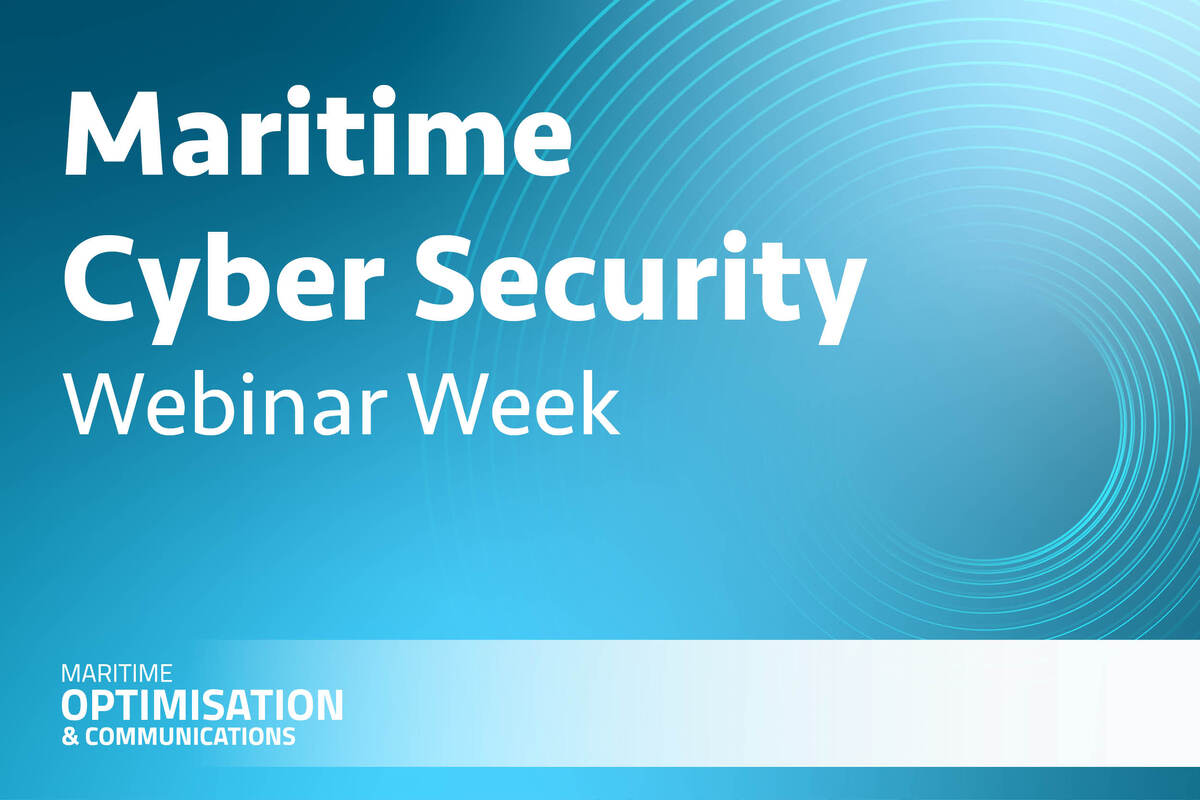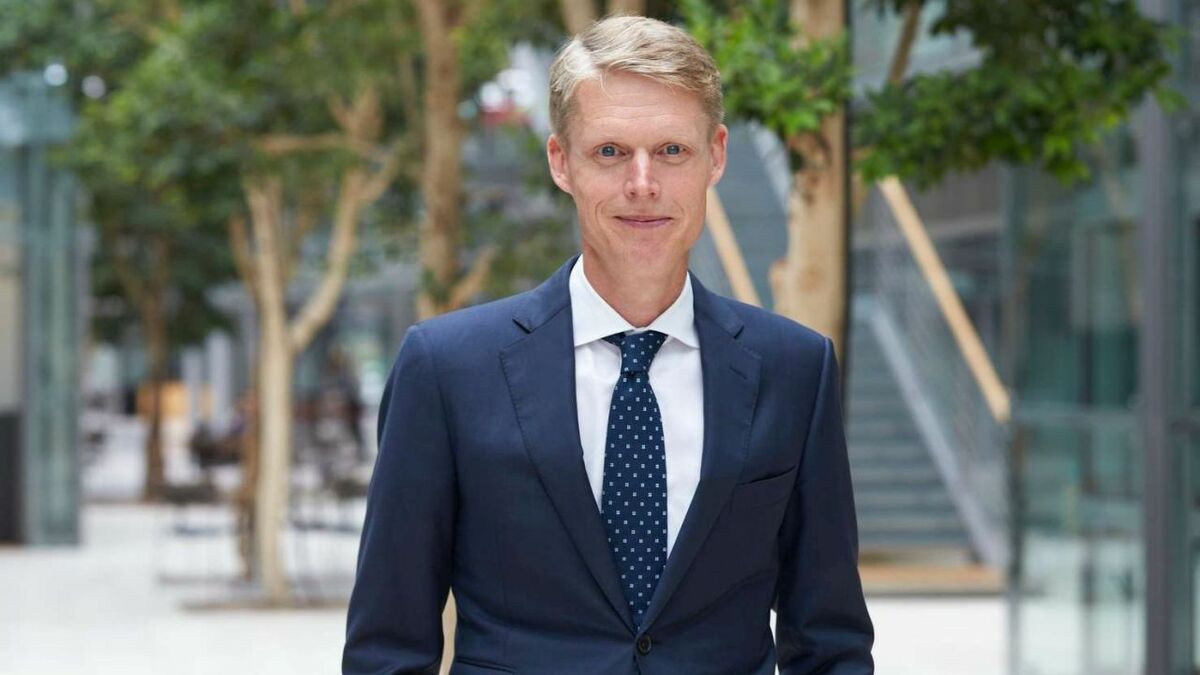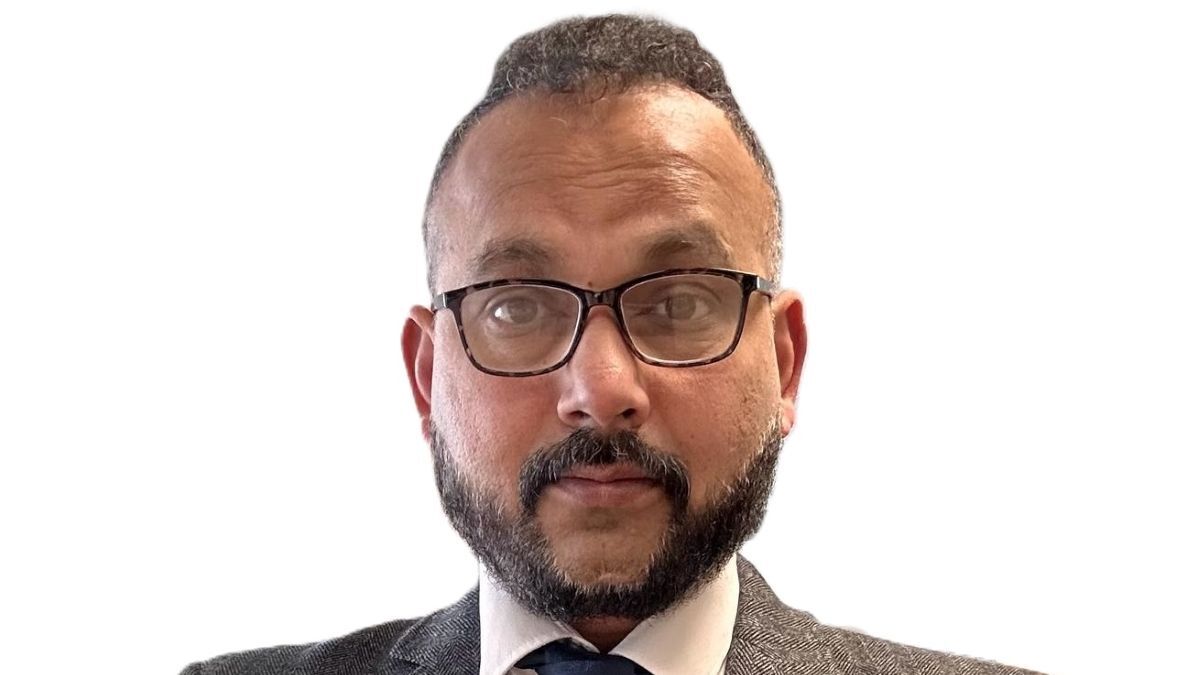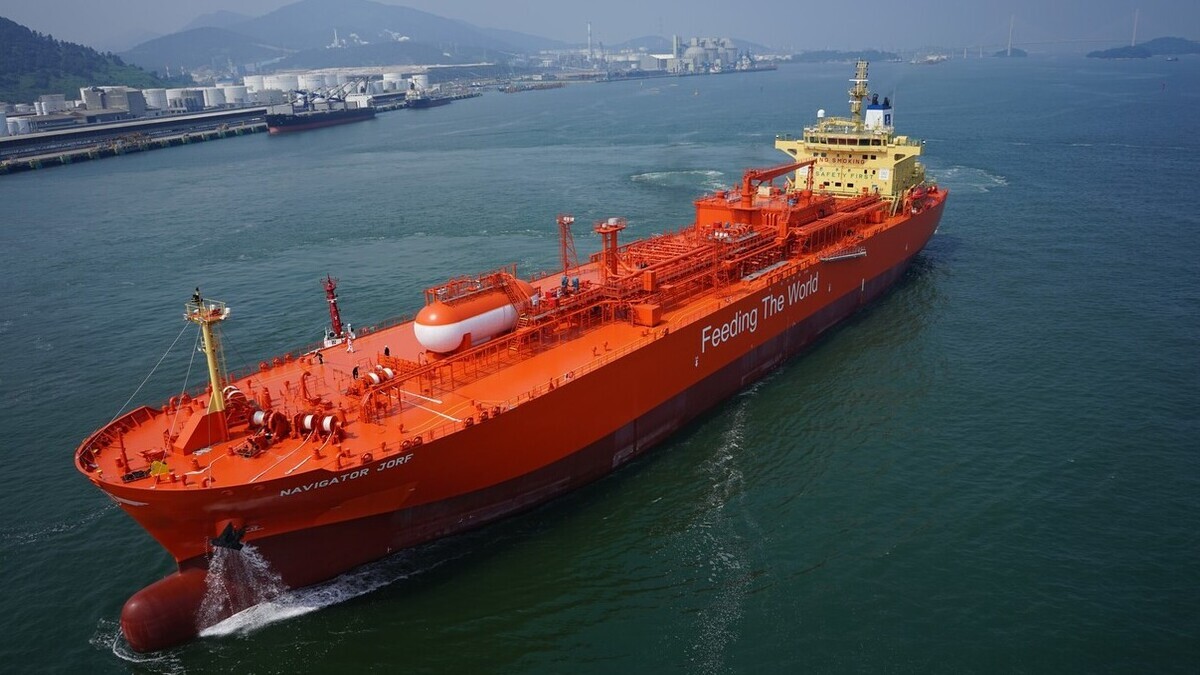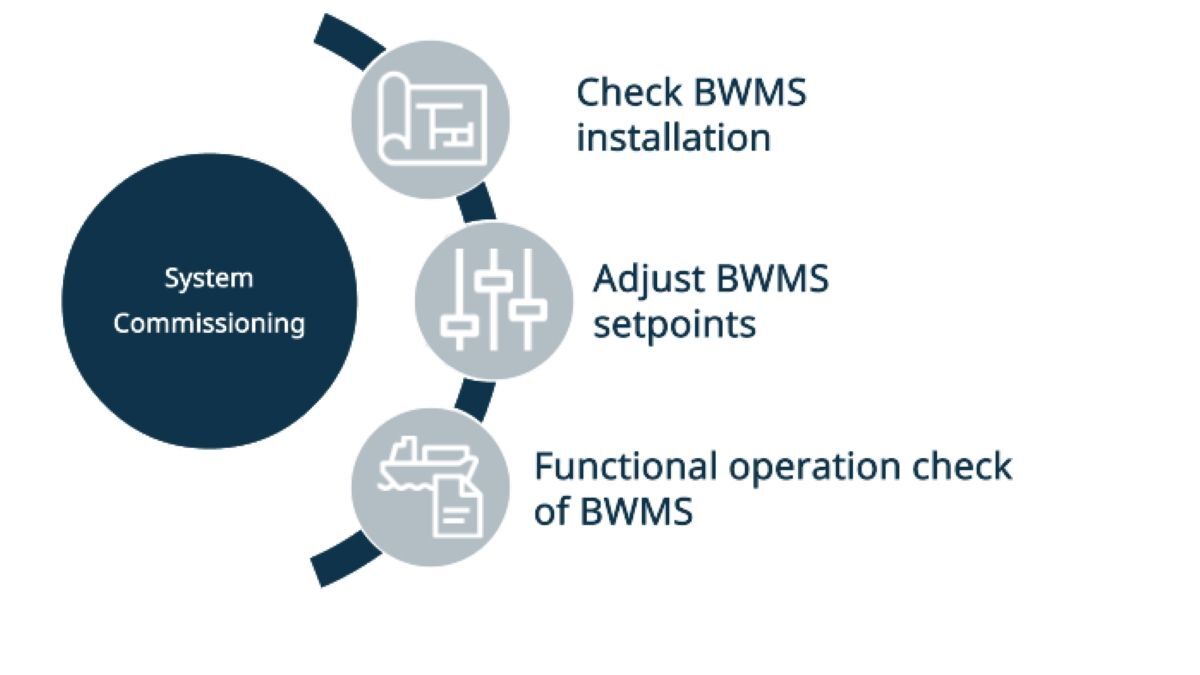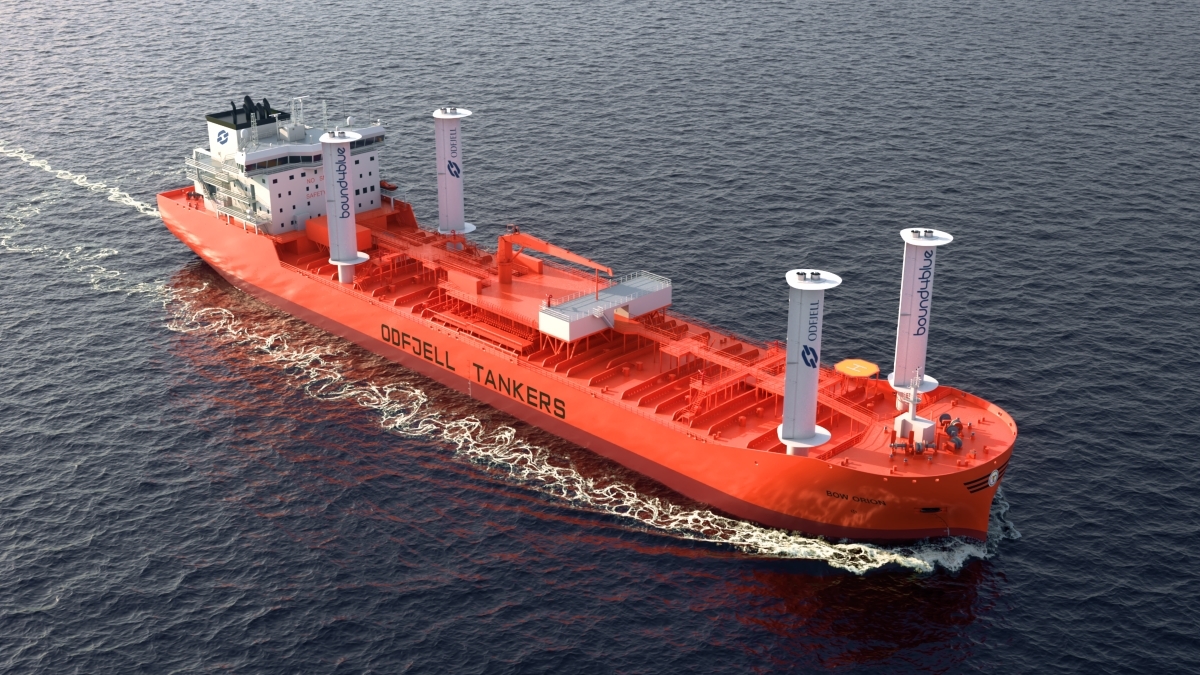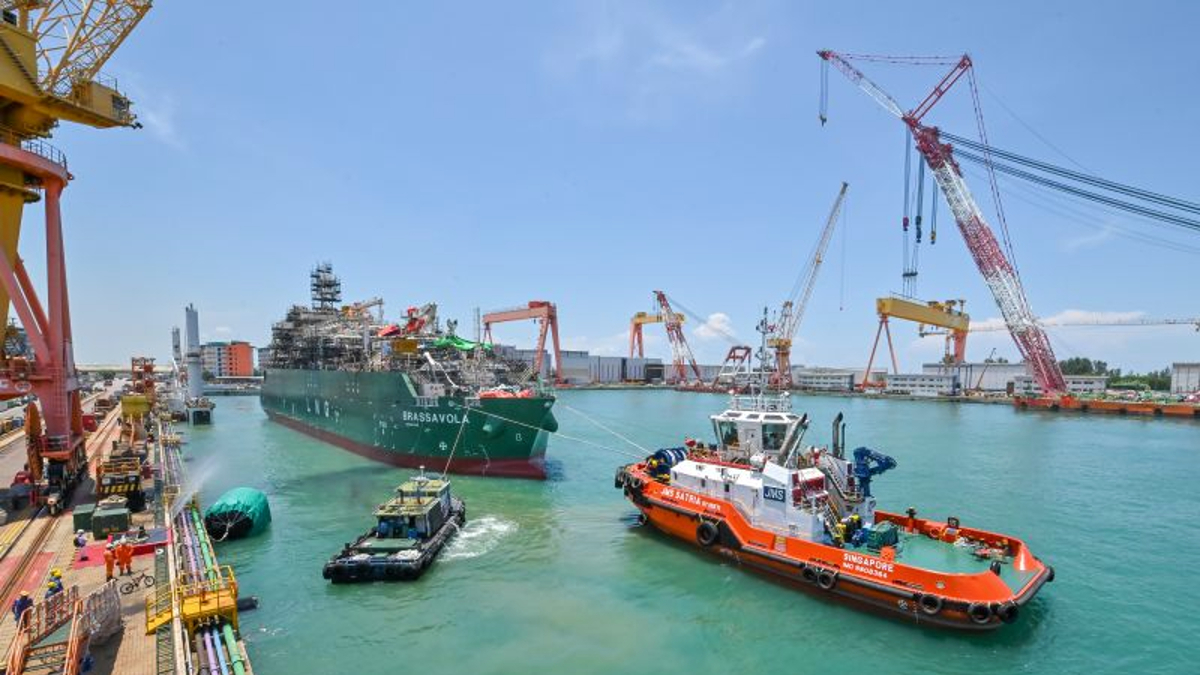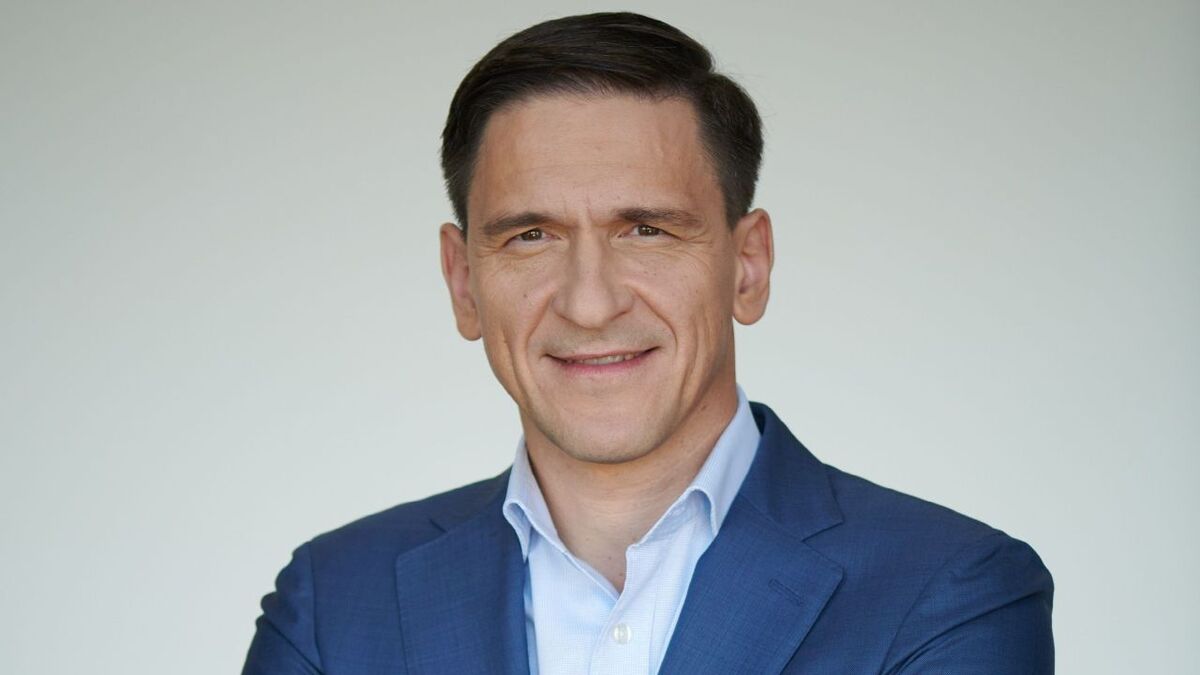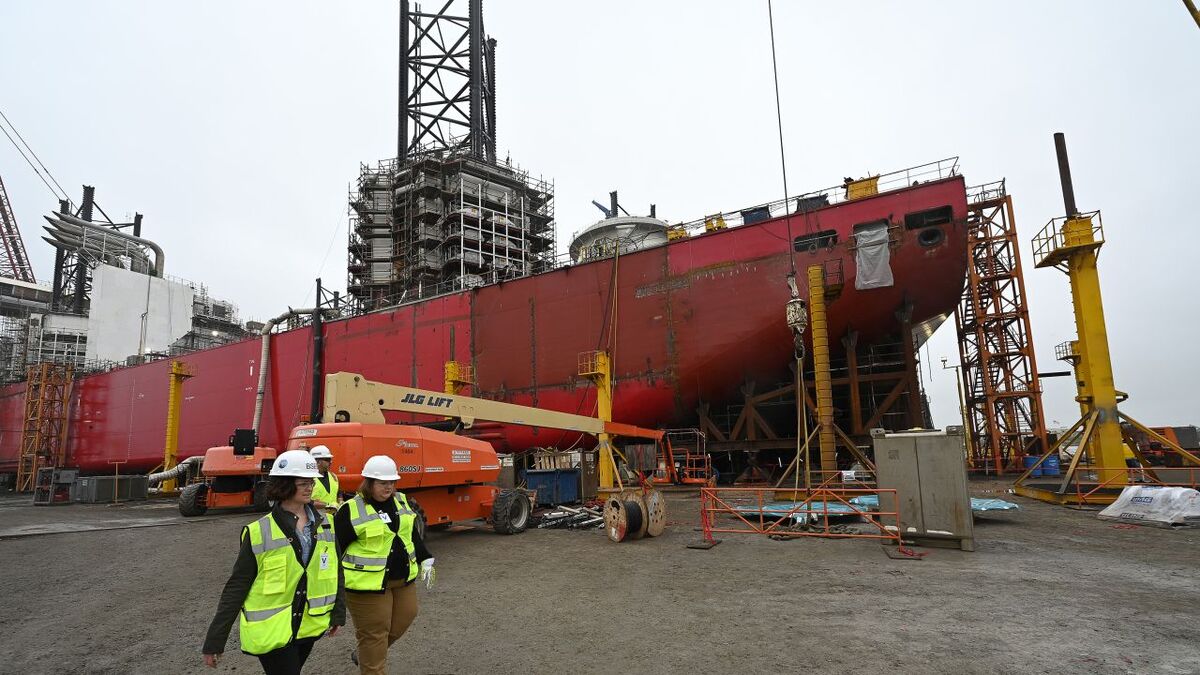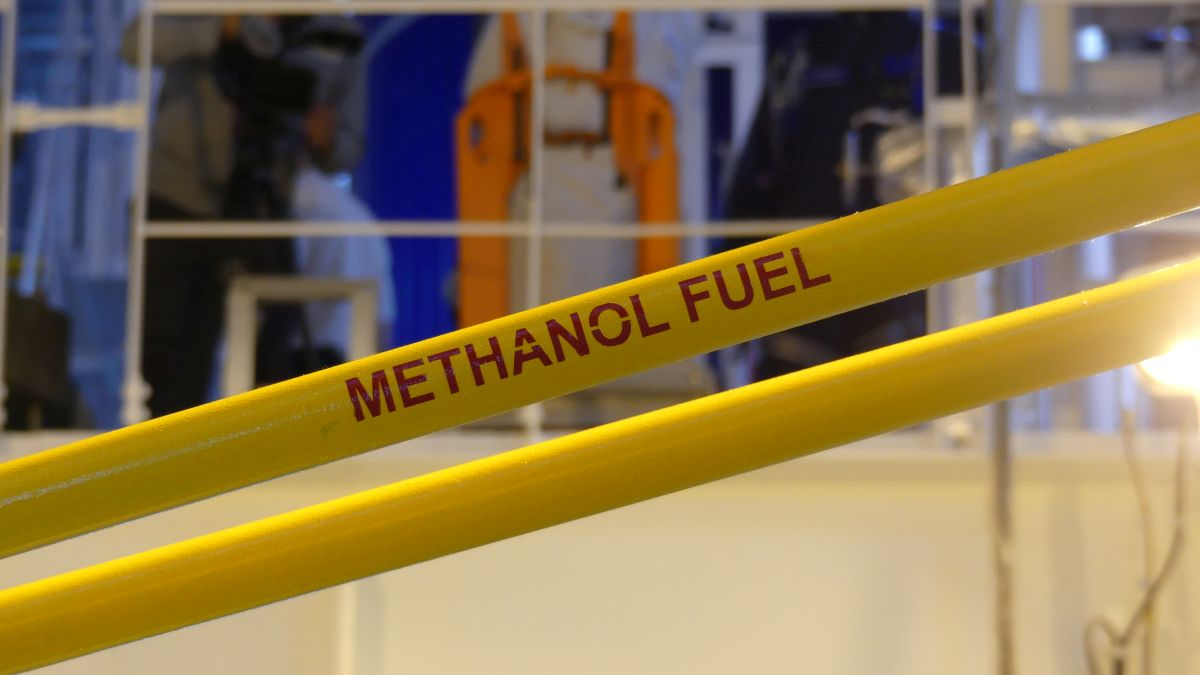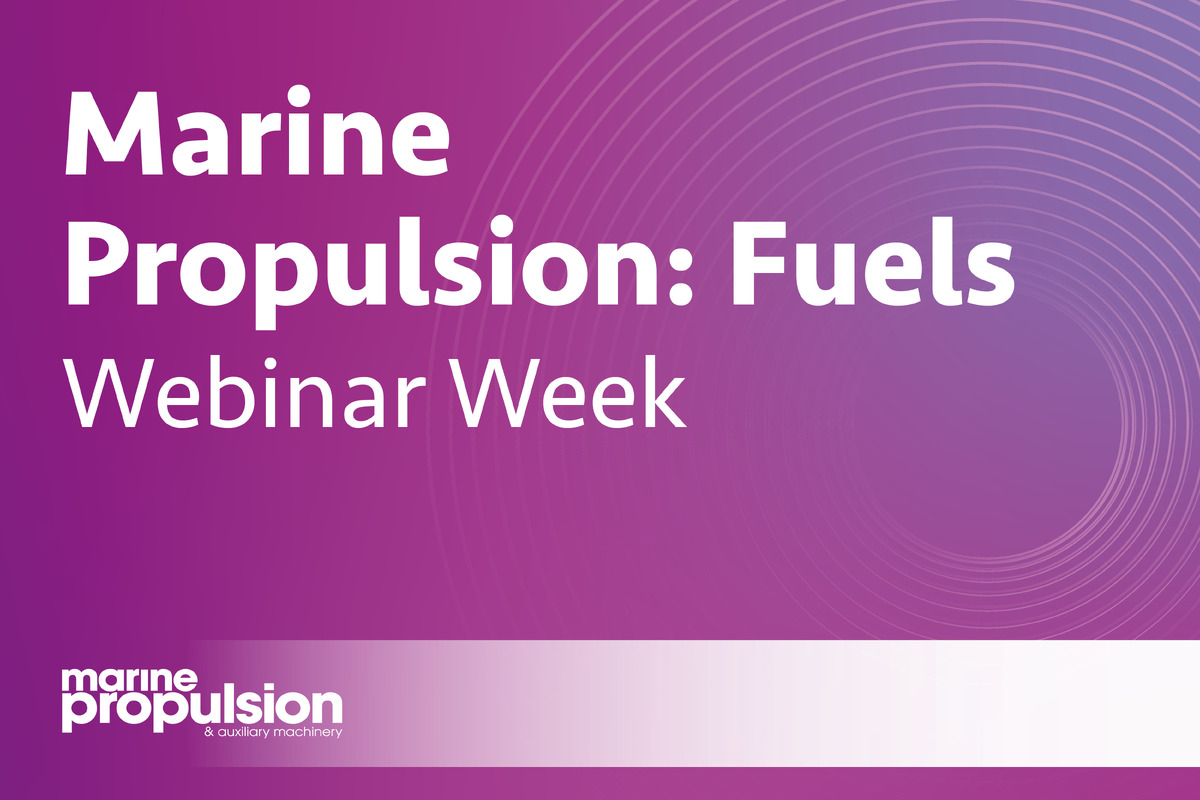Business Sectors
Events
Contents
Ørsted: projects are on track, but uncertainty has increased
Leading offshore wind developer Ørsted has issued a cautious but relatively upbeat assessment of the potential impact of the coronavirus pandemic
Following the outbreak of Covid-19, the company activated its corporate crisis management organisation, which is headed by the executive committee and chaired by chief executive Henrik Poulsen.
In a statement, Ørsted said its asset base is fully operational at availability rates within the normal range and it continues to meet electricity supply obligations. The company’s construction projects are all progressing according to plan and due to its extensive hedging programme, it remains largely shielded in the short to medium term from the market volatility and sees limited risk of being materially impacted by falling gas and power prices as well as volatile currency rates.
“Our liquidity reserve is sized to support our significant investments in renewable energy projects. We currently have more than Dkr30.0Bn (US$4.4Bn) in liquidity reserves, which can support our operations and construction programmes through 2020 and 2021 without further funding,” said the company.
But the company also said it sees the following risks potentially affecting its activities. The first is travel restrictions as quarantined employees may impact the ability to keep site operations and service operation vessels fully manned. “This may over time impact the availability of windfarms. However, we see no Covid-19-related impact on availability so far,” said the company.
“Travel restrictions and quarantines may impact our suppliers’ delivery of critical components to projects currently under construction. We are in close contact with all key suppliers and monitor the situation daily. Our construction projects continue to progress according to plan and with embedded contingencies that, to a certain extent, can mitigate potential delays. Currently, we do not see any permits, consents, tax credits or offtake agreements in relation to our construction projects being at risk due to delays.”
Another potential risk cited by the company is that the negative economic impact of the global crisis increases credit risk on key suppliers, counterparts, and customers. However, Ørsted said the majority of its income is rooted in strong investment grade state-owned or state-guaranteed entities and, to a lesser extent, utilities and corporates, which is why the credit risk is assessed as being contained.
In the most affected markets, the crisis has led to a decline in the demand for power, but Ørsted said that, so far, power demand in its core markets is much less affected and it cannot detect any changed pattern in the occurrence of negative wholesale power prices. “In a scenario with more subdued power demand, we could potentially see an increase in the number of hours with negative prices, but as we are partly compensated, we assess the overall impact to be limited,” said the company.
“As to our development pipeline, we remain dependent on public authorities to progress the permitting and consenting of awarded projects and development sites, and to progress the development of regulatory frameworks, including tenders and auctions. Such processes could be exposed to risk of delays due to travel restrictions, people working from home, and government stakeholders being occupied by crisis management.”
Related to this Story
Events
Maritime Cyber Security Webinar Week
International Chemical & Product Tanker Conference 2024
Marine Propulsion: Fuels Webinar Week
How enhanced connectivity is propelling maritime into the AI era
© 2023 Riviera Maritime Media Ltd.
